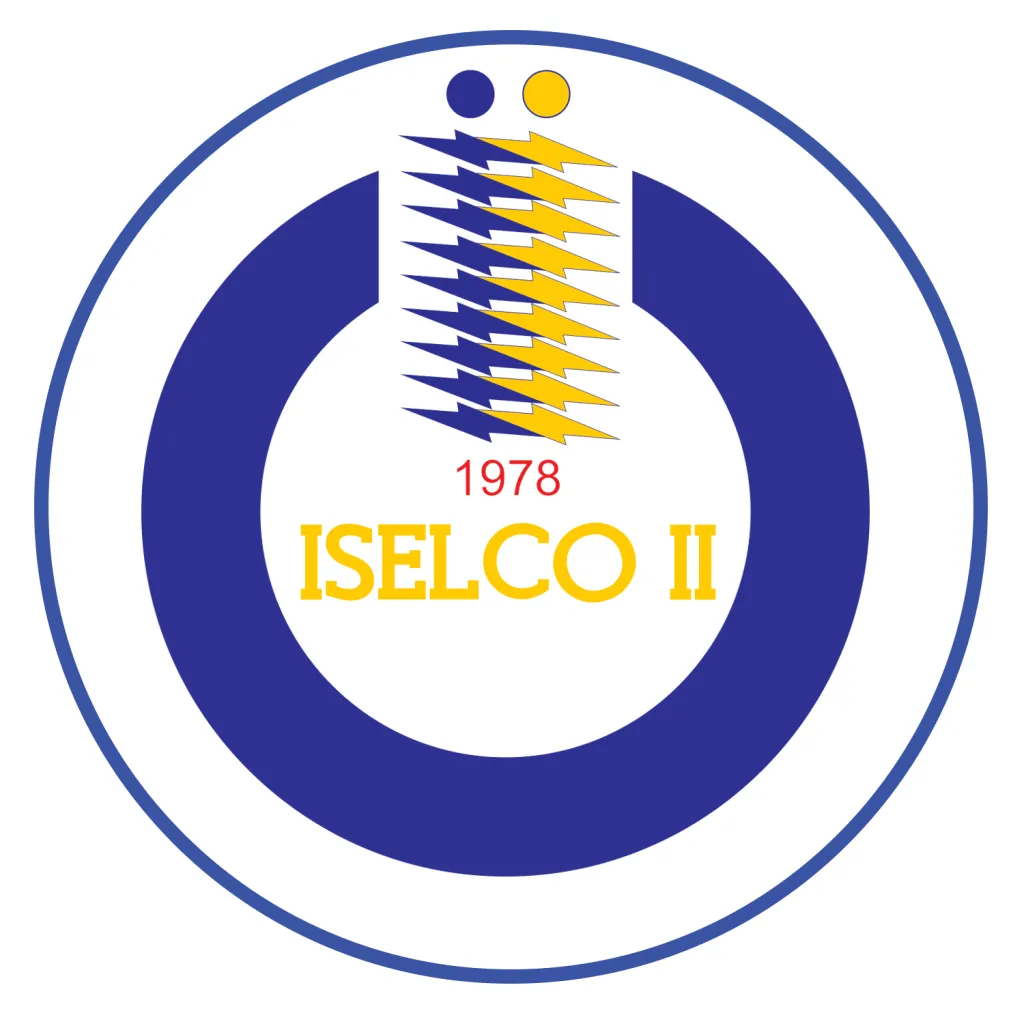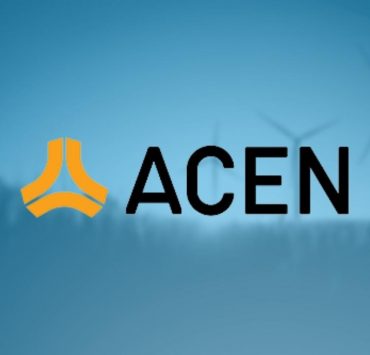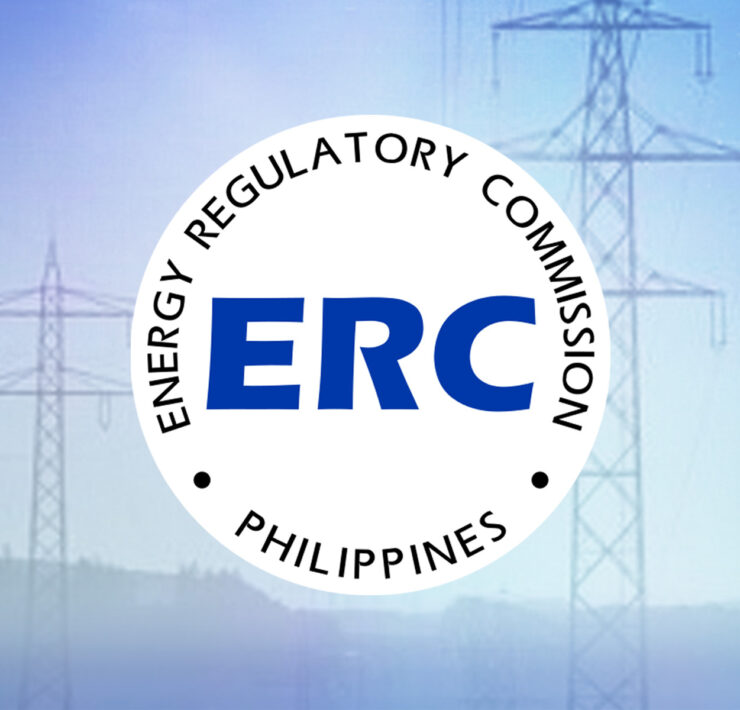Isabela power co-op slapped with P2-M penalty for unjustified charges

The Energy Regulatory Commission (ERC) levied a P2-million penalty on an electric cooperative in Isabela province for failure to justify higher charges imposed on customers.
The ERC said Isabela II Electric Cooperative Inc. (Iselco II) did not submit fuel cost invoices and documents related to its power supply agreement with Anda Power Corp., a power generation firm located in Mabalacat town in Pampanga province.
As a result, the co-op was found “administratively liable” for failing to validate the reasonableness of its generation charges passed on to customers.
The regulatory agency warned it would suspend the co-op’s authority to collect and include fuel costs in the generation rate if it failed to pay the penalty and submit necessary documents in 15 days from receipt of the decision.
The ERC likewise endorsed the issue to the National Electrification Administration (NEA) to conduct an investigation. As the government-owned and controlled corporation mandated to oversee all 121 electric cooperatives nationwide, the NEA can recommend criminal charges against officials of co-ops and revocation of the co-op’s franchise.
The ERC said Iselco II had been given ample time to submit requirements for the fuel audit from the time a letter-order dated Dec. 13, 2022, was sent, thus “rendering its noncompliance unjustified.” The regulator said this would have allowed it to assess the correctness of the fuel charges amid the surge in generation costs two years ago.
“It must be emphasized that this violation by the respondent is a serious dereliction of its duty under the Epira (Electric Power Industry Reform Act),” it said.
“In order to fulfill the principles, and its obligations in the Epira, a DU (distribution utility) is compelled to always validate the charges, including the pass-through fuel cost, which consumers are ultimately made to bear,” it added.
The ERC stressed a power distributor’s duty does not end with supplying power and charging electricity end-users.
It said DUs were obligated by law to ensure rates were “transparent and reasonable, correct, uninflated, fairly computed and consistent.”
A consumer’s electric bill has different components, including the generation charge (the cost of securing electricity from suppliers), transmission charge (the cost of delivering power from suppliers to transmission lines), system loss charge, distribution charge (the cost of delivering power from transmission lines to customers) and other taxes.




















